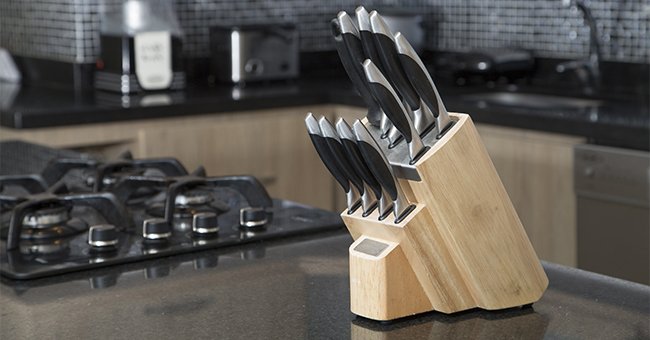
How to Properly Care for Your Kitchen Knives – Tips and Hacks
Having a good knife set can make all the difference in the kitchen. However, not knowing how to take care of them adequately can cut short the lifespan and cost you much more in the long run.
A good set of kitchen knives is an essential need for anyone who loves to make meals. While it might cost you a hefty sum, you would undoubtedly reap the rewards in the long run as it makes cutting easier and is safer than dull knives.
However, whether you opted for a luxurious brand or settled for a bargain at the local store, one thing is certain ― taking proper care of your knives would save you both money and time.
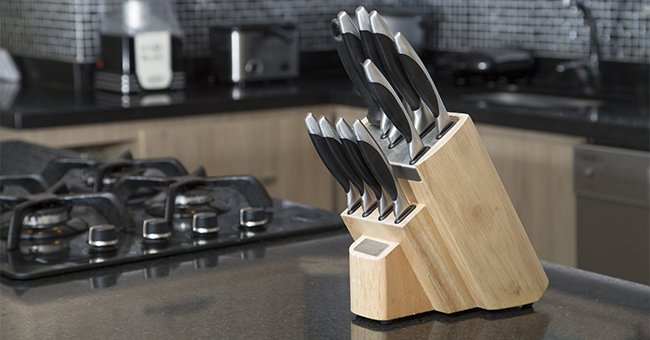
A photo of kitchen knives. | Photo: Shutterstock
STORING THEM PROPERLY
A common mistake people make is to store their knives in the utensil drawer alongside other cutleries. This one of the worst things to do to your knives as they blunt more quickly in the presence of different utensils.
Also, they can be scratched or bent when moved around. It is best to store knives separately in a divided tray or block. If you prefer a utensil drawer nevertheless, remember always to use a knife sheath.
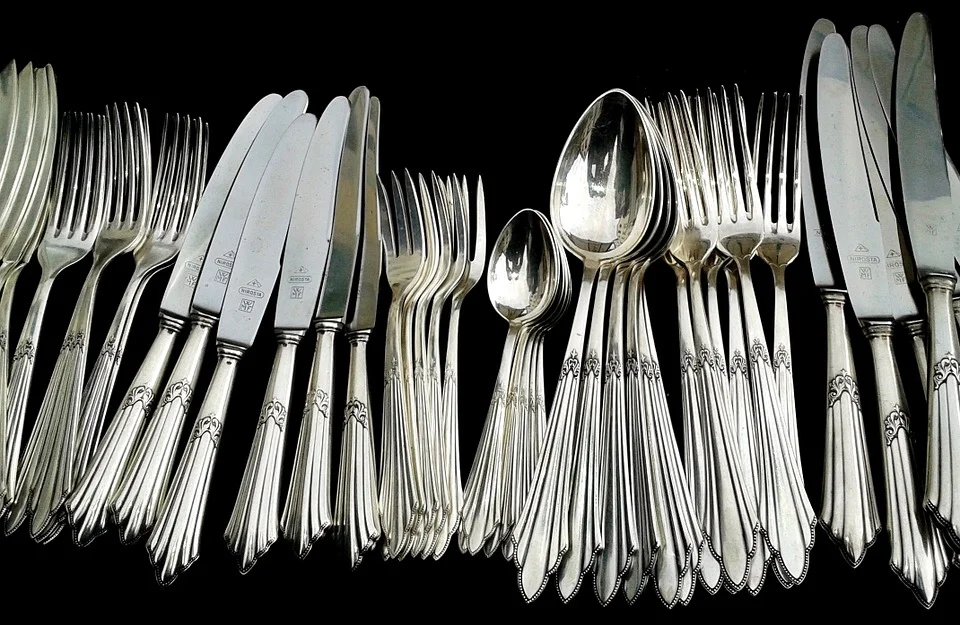
A photo of a utensil drawer with cutleries. | Photo: Pixabay
NO DISHWASHER
It is common practice to throw in your knives with the rest of the kitchen utensils into the dishwasher, especially if the manufacturer notes that it is safe. However, this does more harm than good.
A dishwasher cycle can dinge the blade and probably corrode the handle. Some processes even allow breaks between rinsing which can further promote rusting. It is advised to stick to only handwashing.
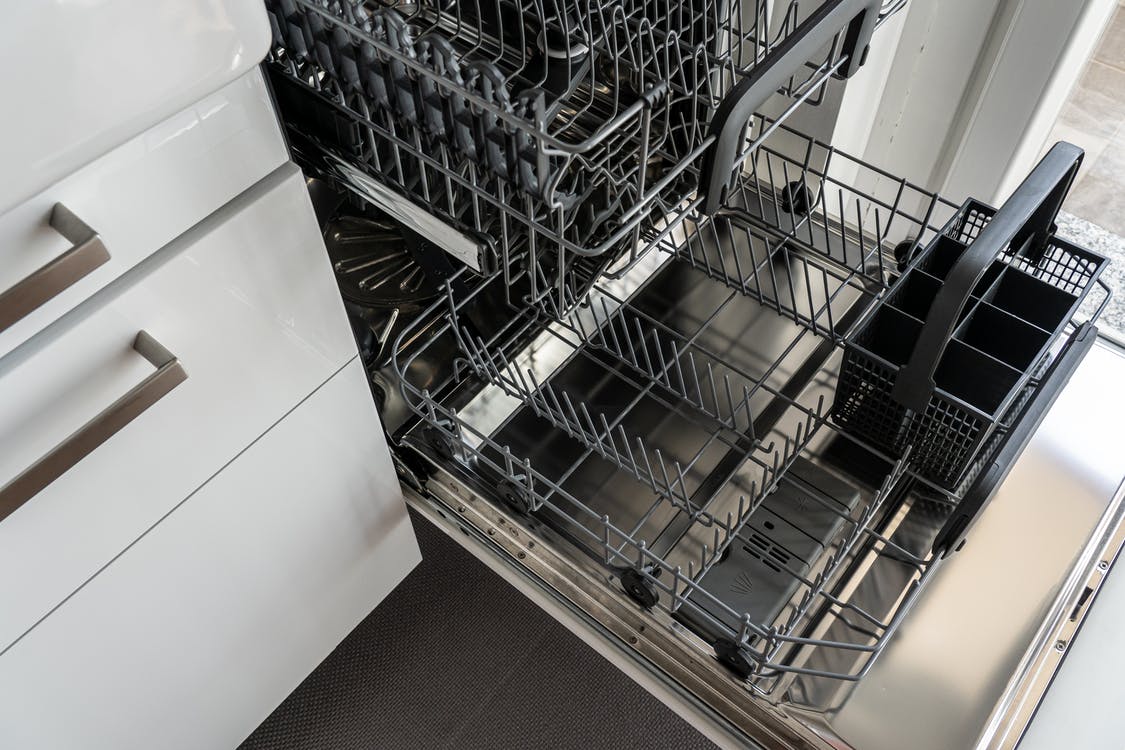
A photo of a dishwasher. | Photo: Pixabay
CUTTING ON THE RIGHT BOARD
Using the right kind of surface for cutting is just as important as taking care of your knives. Hard surfaces like bamboo, glass, or marble will blunt the blade faster. Instead, use hardwood, plastic, or rubber chopping boards.
It is essential to know that using regular knives instead of boning knives to work around bones and joints only spoils your utensil. Also, avoid cutting through frozen foodstuffs to prevent damage.
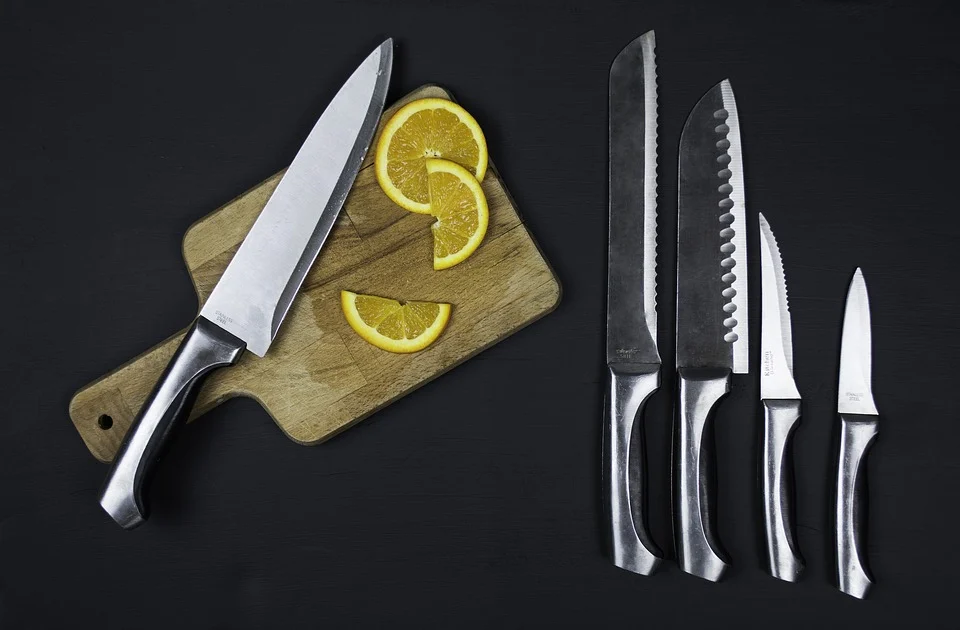
A photo of knives set and sliced lemons. | Photo: Pixabay
OILS AND DRYING METHODS
Don’t leave your knives to dry on a rack after washing, as it runs the risk of dulling the blade and causing either mildew or mold to form. Instead, dry immediately after washing with a cloth and put away.
Oils can be of benefit to your steel knives as they help prevent oxidation and rusting. It is important to note that mineral oils are the right choice as vegetable-based cooking oils like olive oil can become rancid.
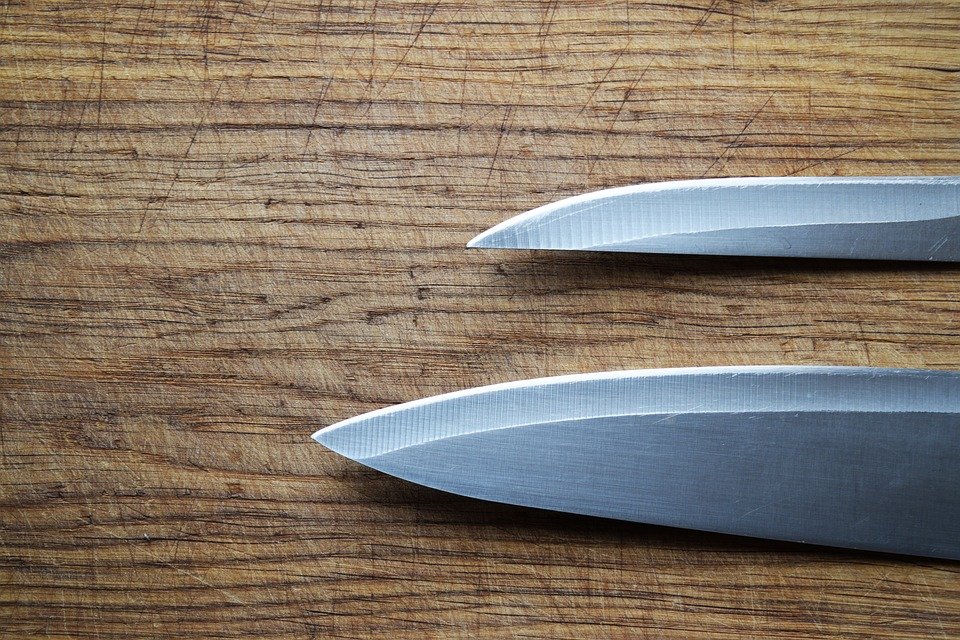
A photo of kitchen knives. | Photo: Pixabay
REMOVING TARNISH AT HOME
Perchance your cooking utensils are tarnished due to lack of proper care; you don’t have to resign your fate to using rusted cutleries. With the help of natural ingredients like vinegar, cider, lemon juice, tarnish stains can be removed from stainless steel.
